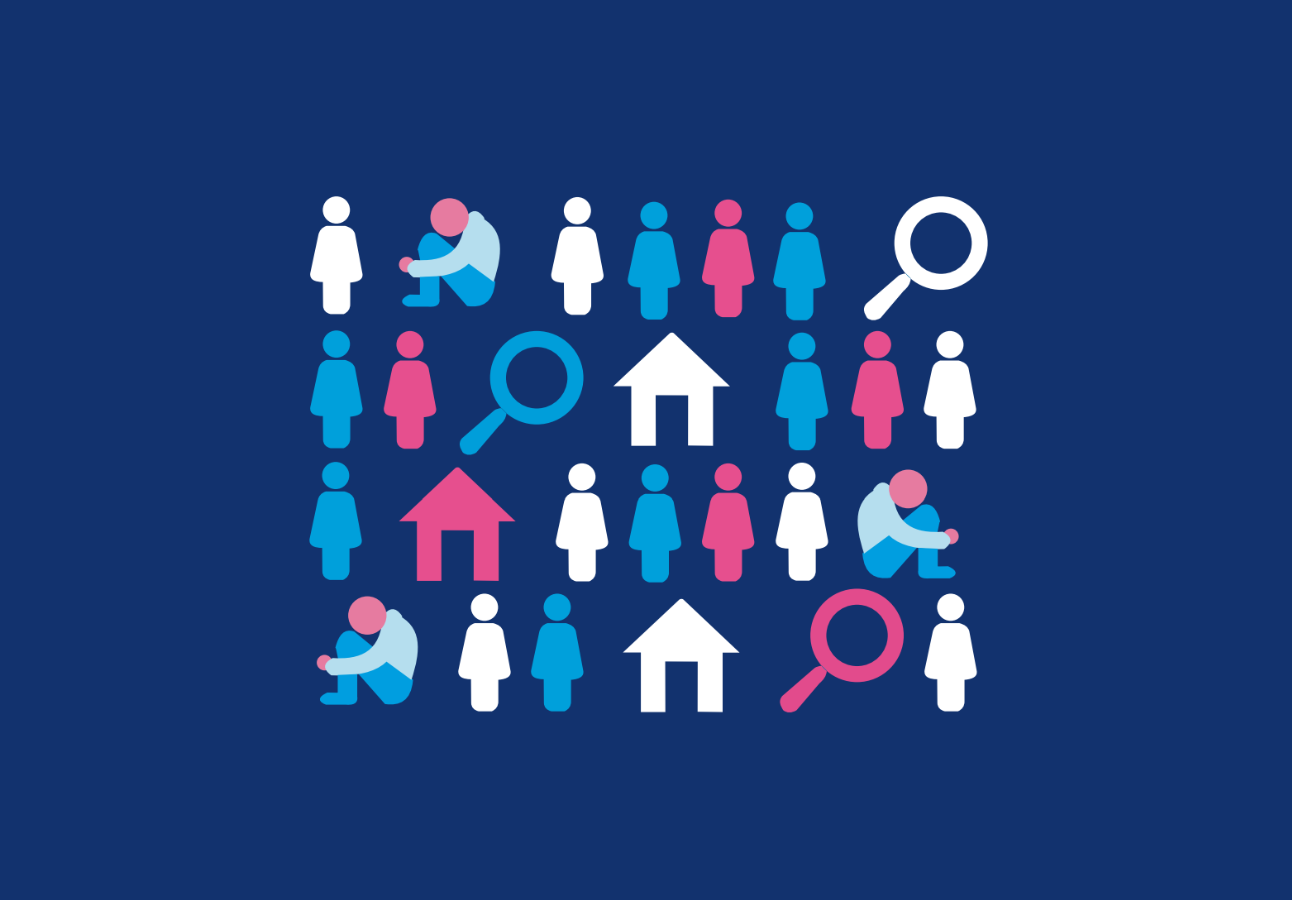
Homelessness for domestic abuse survivors can and must be prevented
Matt Downie is Director of Policy and External Affairs at Crisis, a national charity for homeless people. For an audio version of this blog, scroll to the bottom of the page.
Domestic abuse is a crime that devastates lives in many ways, and one that too often leads to homelessness; 11% of all homeless acceptances by local authorities in 2016 were due a violent relationship breakdown, and 20% of Crisis’ clients experienced domestic abuse in the past year.
The safety net for survivors is fragmented at best, and we have seen disturbing evidence that many women are being turned away by councils when they present as homeless.
Homelessness can increase the risk of further abuse
Once rough sleeping, the likelihood of experiencing further abuse is great. Nearly one in four female rough sleepers has been sexually assaulted in the past year. Homeless women are often less visible, particularly when rough sleeping, and many women avoid services which are engineered for men. Refuges are a vital safety net for survivors but these are on the brink of a funding crisis and are already turning people away due to lack of space. However, homelessness for domestic abuse survivors must and can be prevented.
Recommendations for homelessness prevention
The All-Party Parliamentary Group for Ending Homelessness (APPGEH) recently published its first-year report, which looked specifically at homelessness prevention for survivors of domestic abuse. The group, made up of cross party MPs, spoke to experts in the field, organisations on the ground and women who have experienced homelessness and domestic abuse. The group found that services aren’t aligning, support which should be in place is failing, and that there is a lack of overall responsibility between public services. The following points are key recommendations from the APPGEH first-year report:
- Extending priority status: National Government should extend priority need status to all survivors of domestic abuse, to give people a right to re-housing and to bring about a change in culture towards survivors in local authority Housing Options teams.
- Housing First: the Government should provide funding to trial and then scale-up a ‘Housing First’ model of support specifically for survivors of domestic abuse who have additional support needs. This would ensure survivors are immediately re-housed, which will allow them to safely to address their other needs thereafter
- Police referrals to housing: the police should ask all women whether they need help and support with housing, regardless of risk level, and refer them to a Housing Options team if they consent. The APPGEH found that a survivor will face abuse 40 times on average before calling the police and this is usually because a victim has no access to money to support them after fleeing. This referral system aligns closely with the Duty to Refer within the Homelessness Reduction Act and could be included in the Act’s Code of Guidance.
The group welcomes the draft Domestic Violence and Abuse Bill included in the Queen’s Speech this year and will ask the Government to include its recommendations in the Bill.
For all the APPGEH’s recommendations on homelessness prevention for survivors of domestic violence and for more information on the group, please go to: https://www.crisis.org.uk/ending-homelessness/appg-for-ending-homelessness/
You may also be interested


